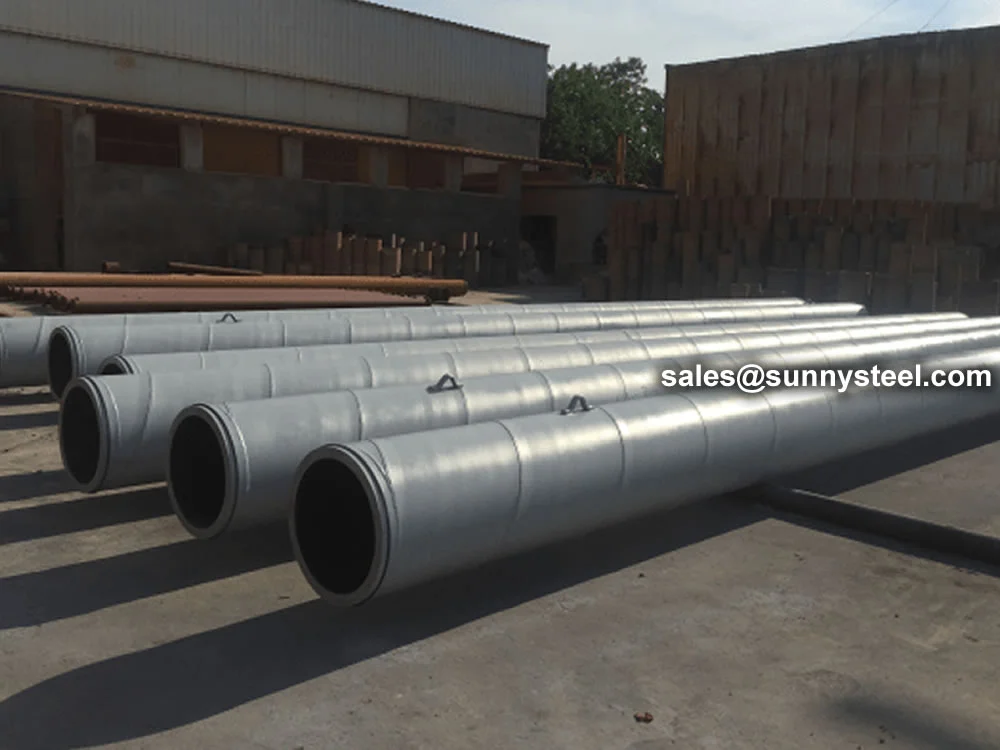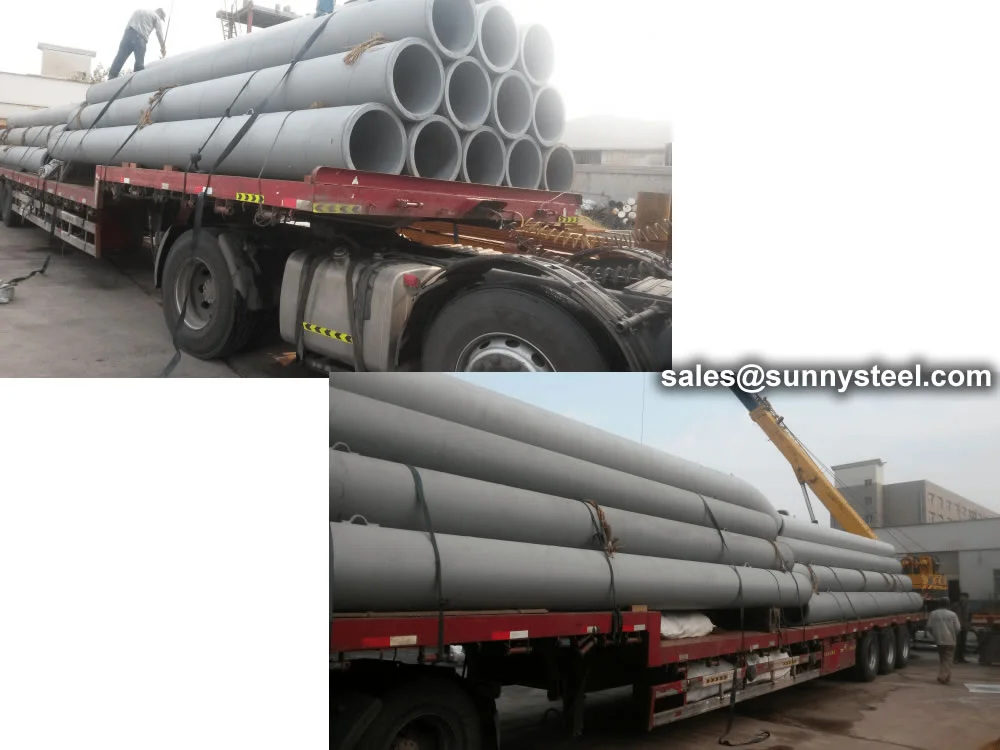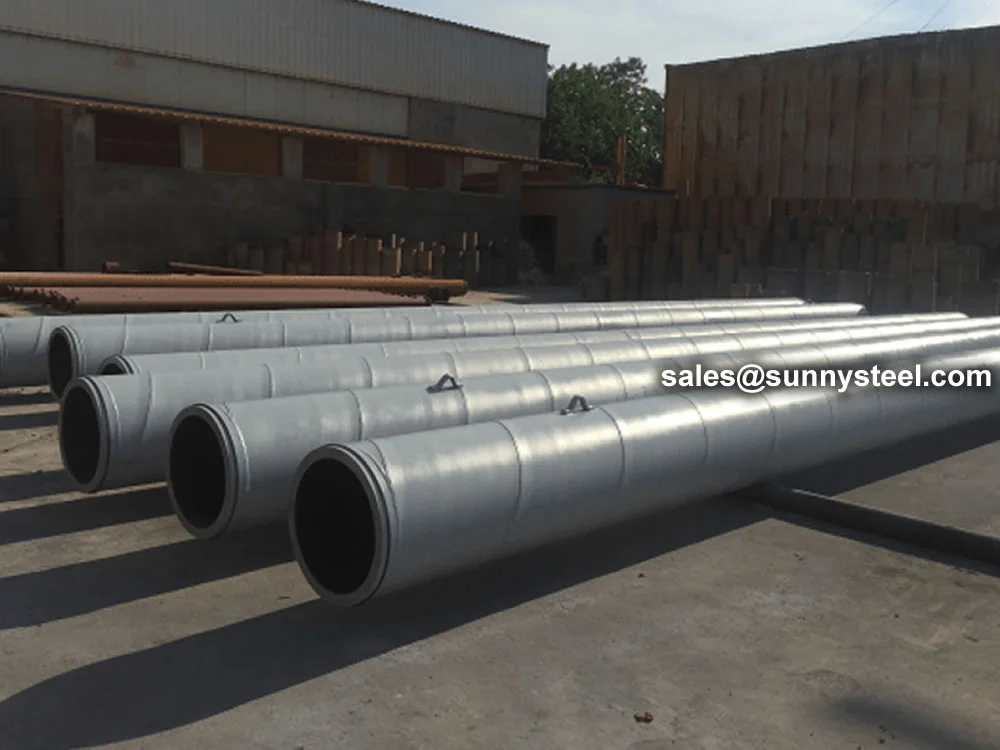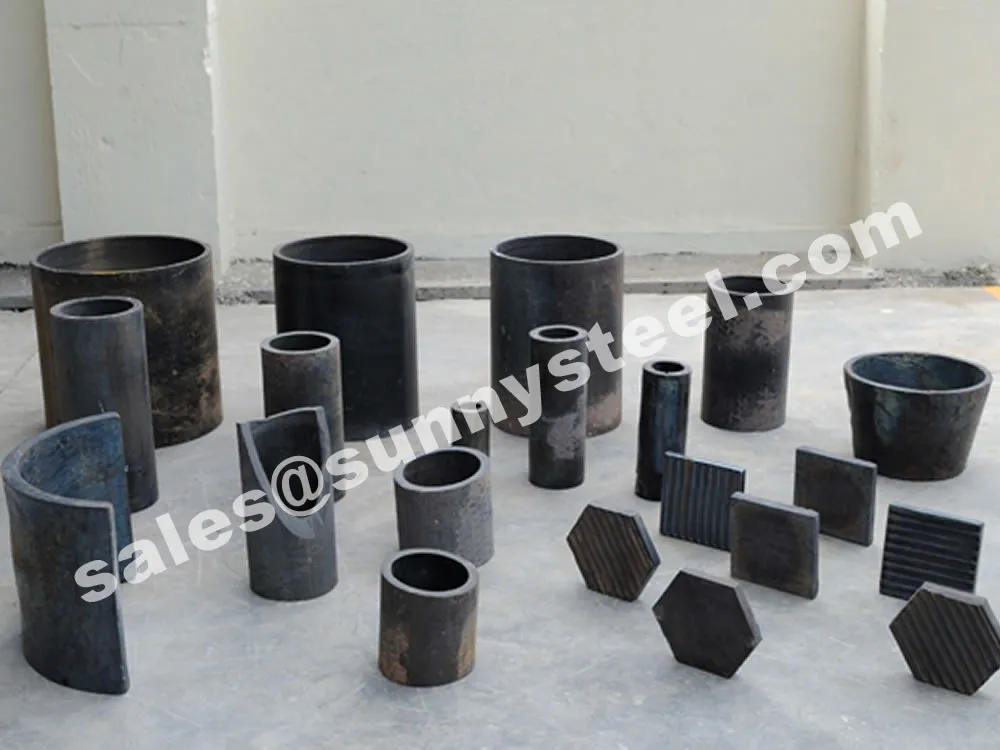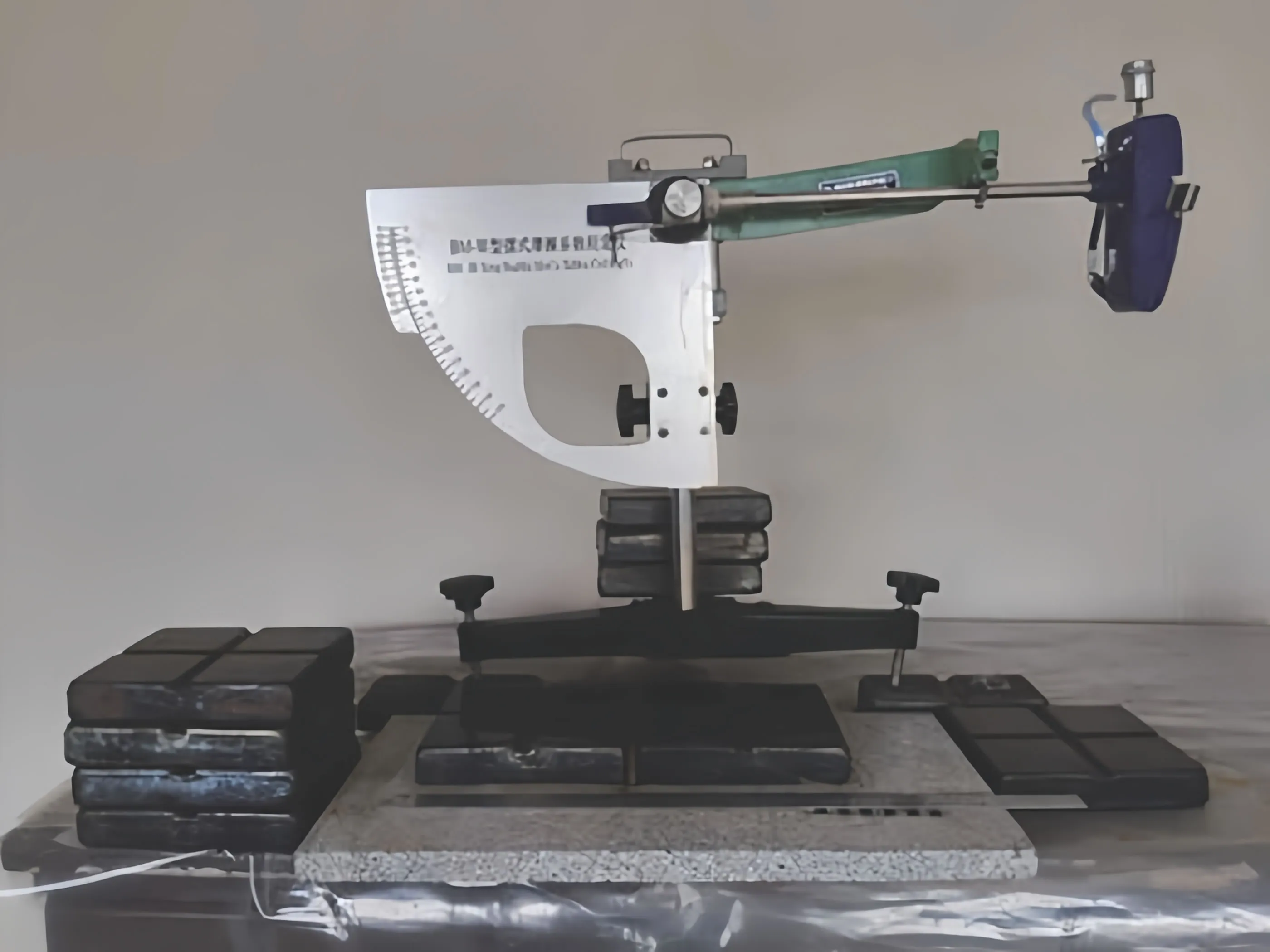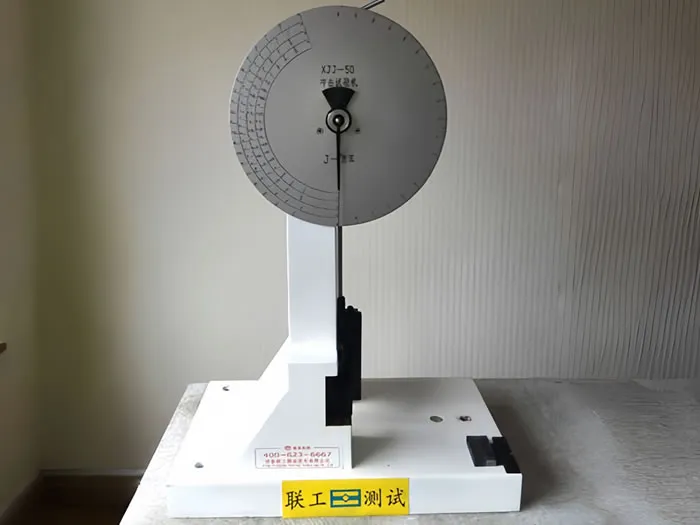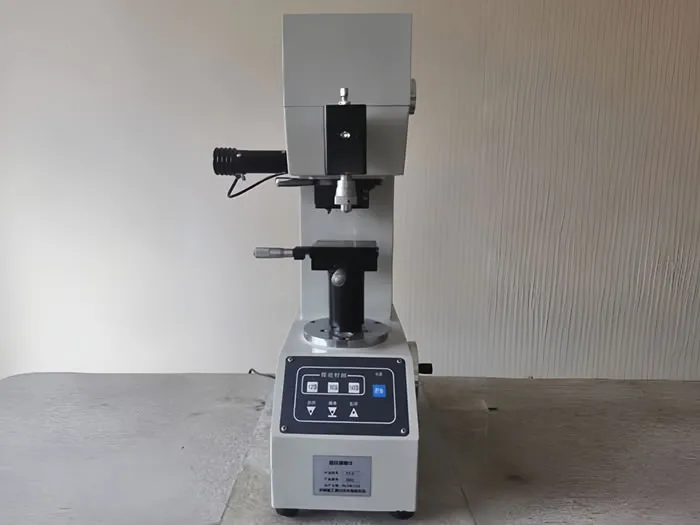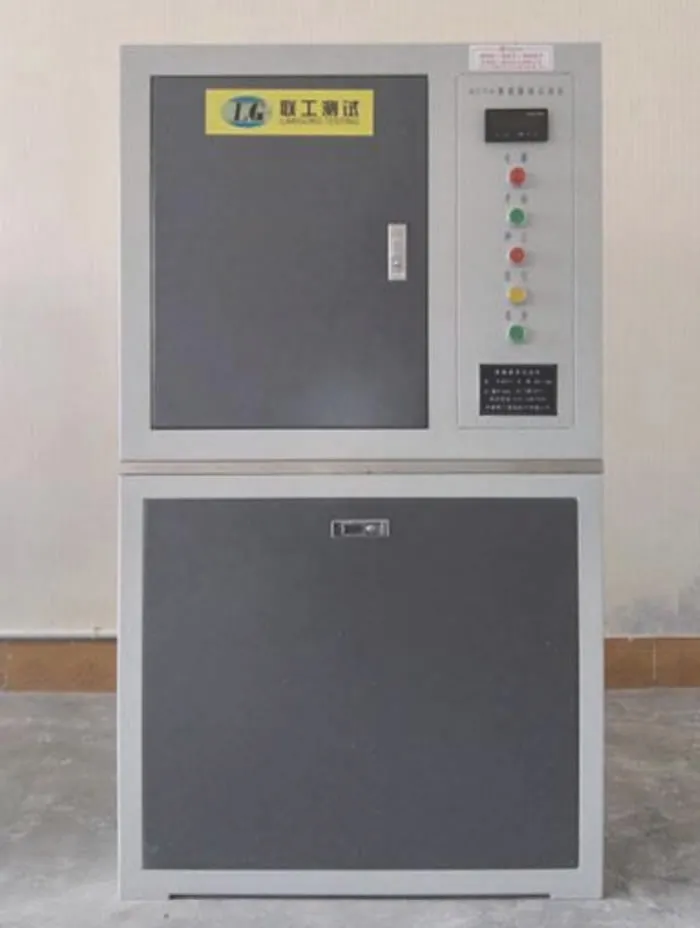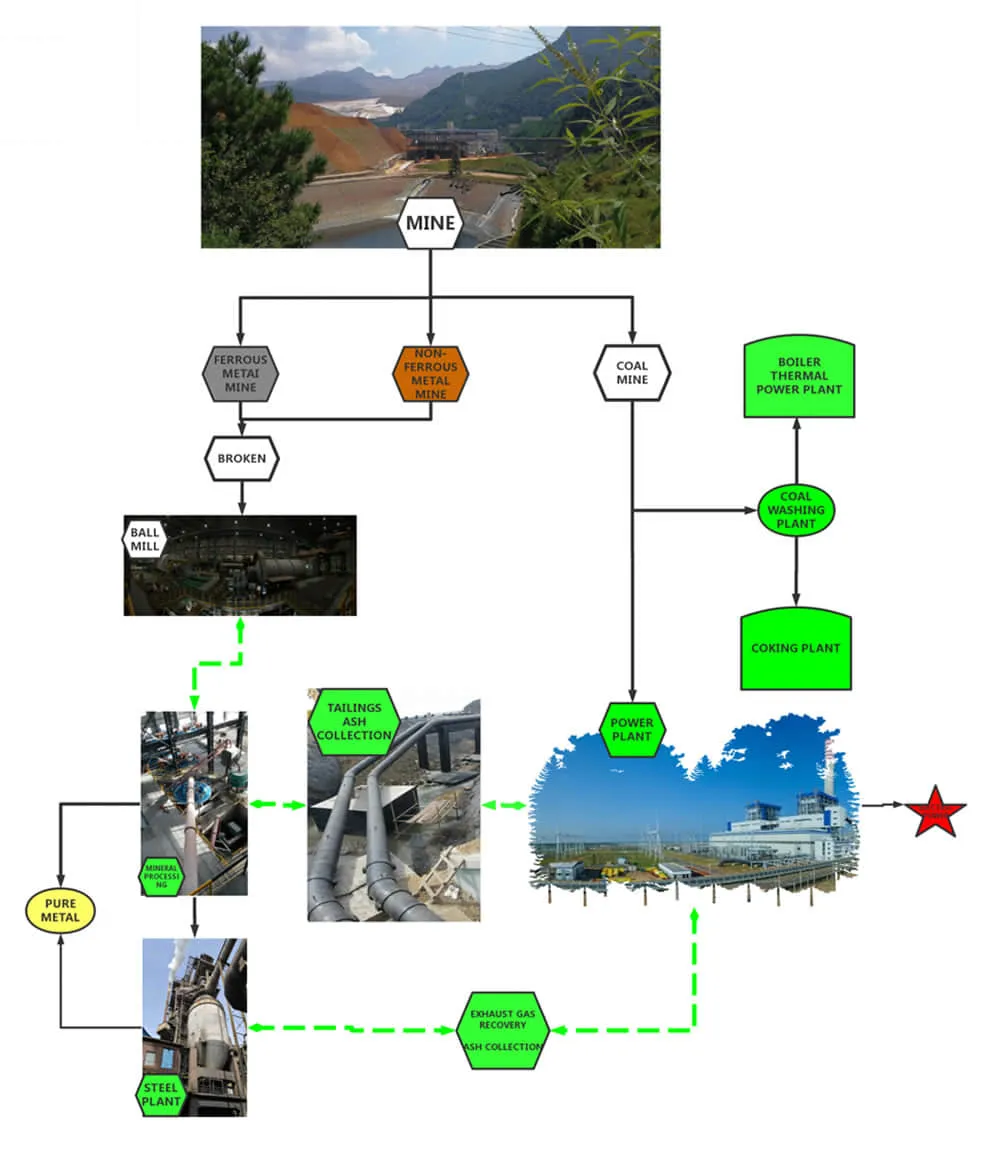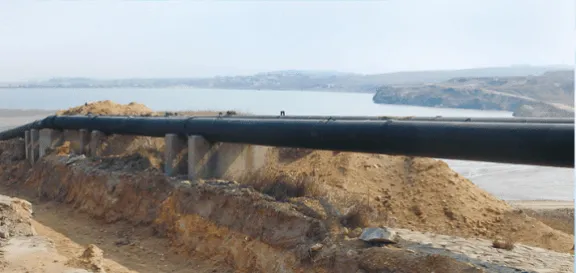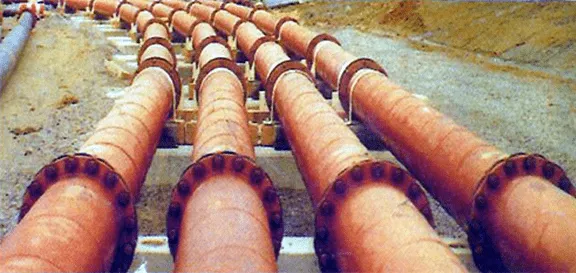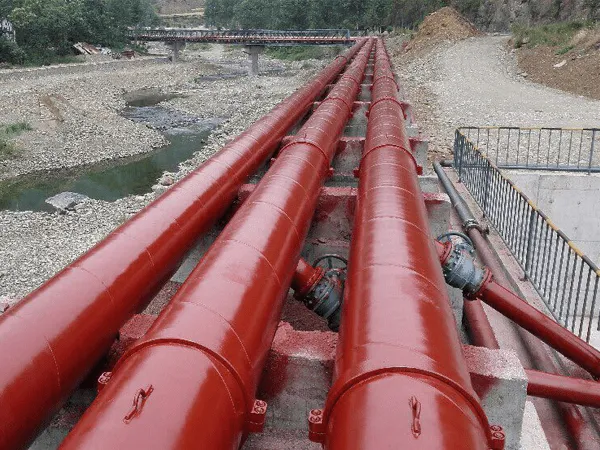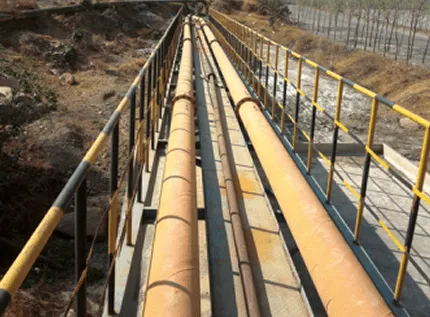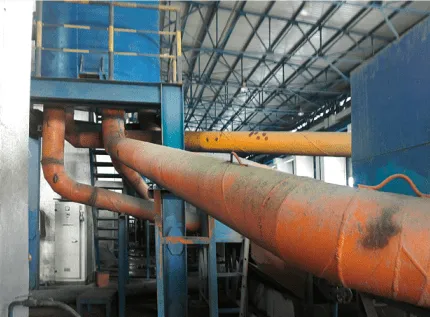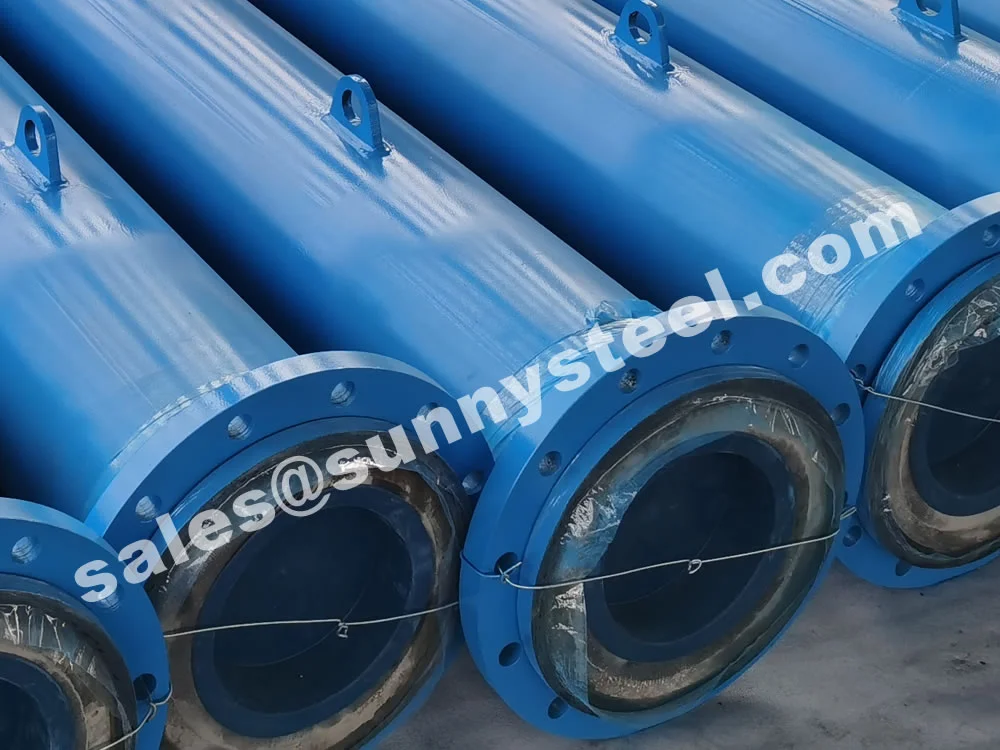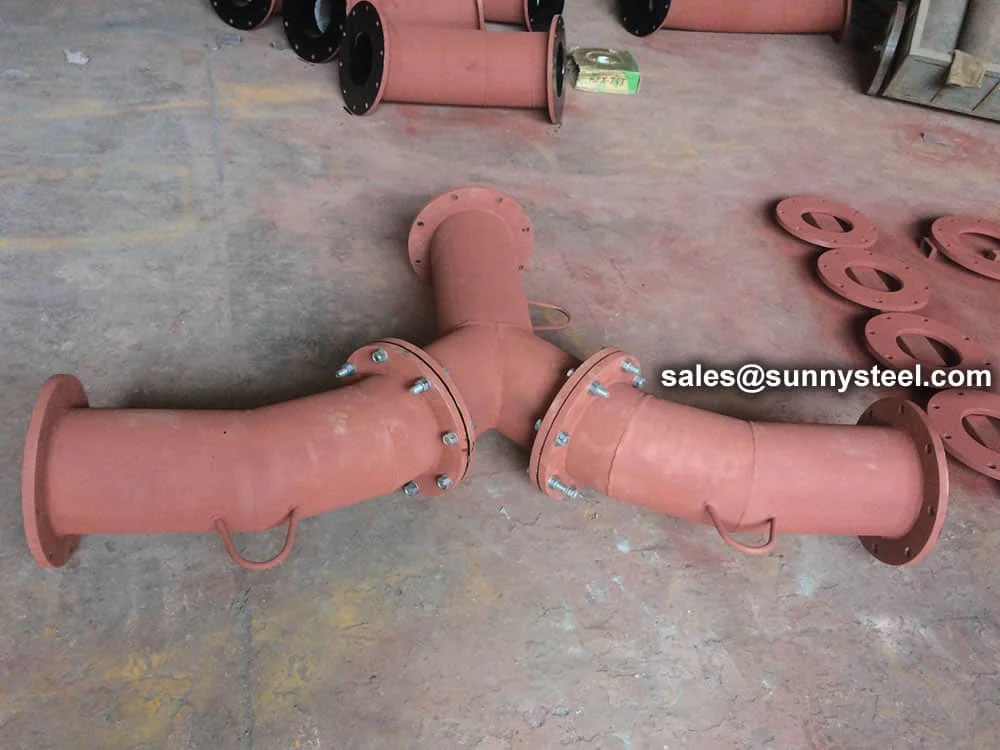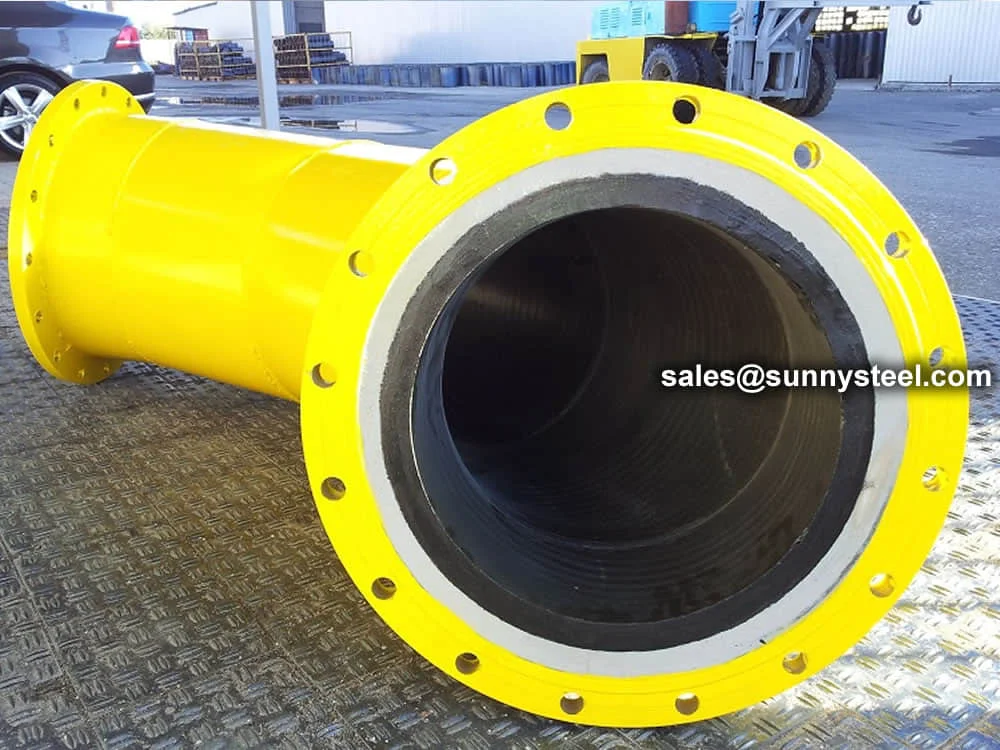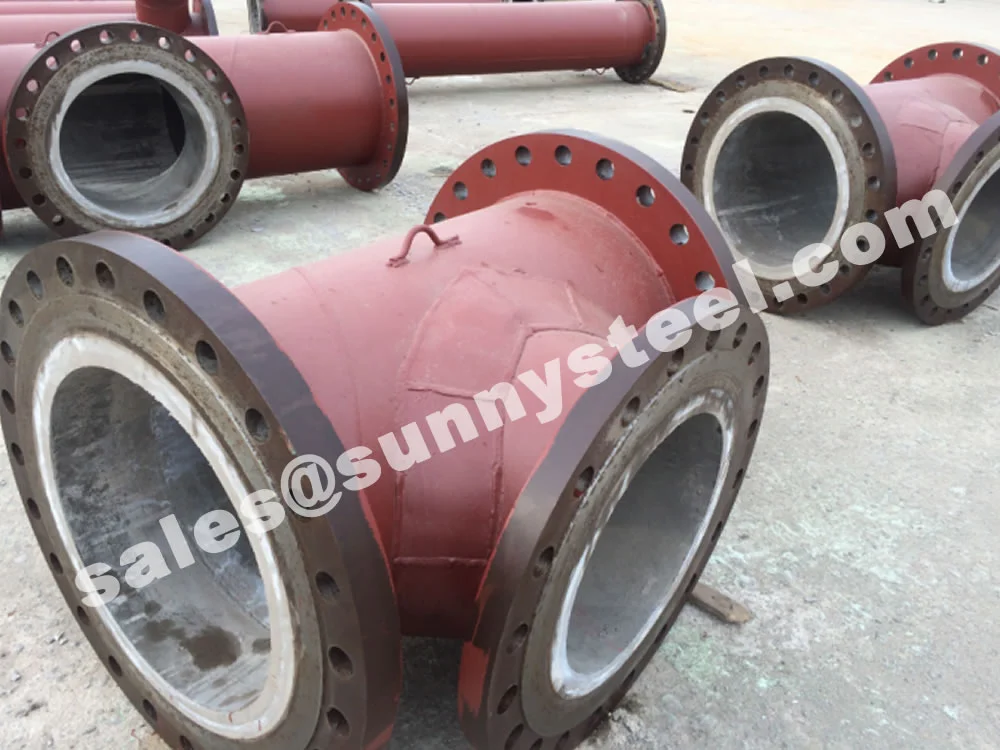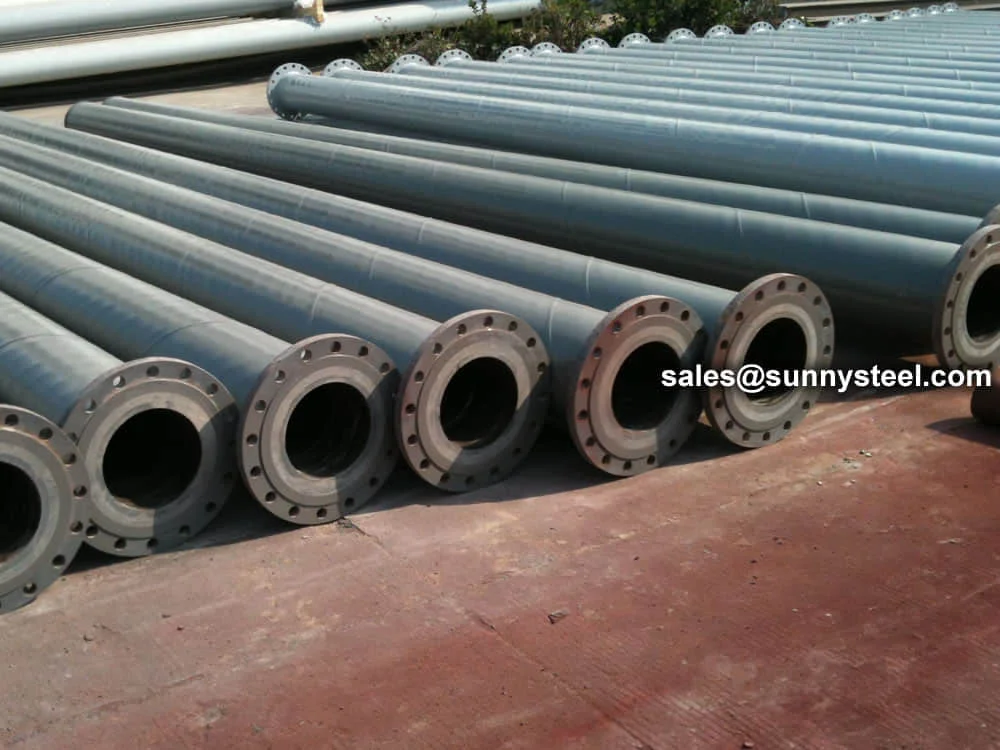Heavy-calibre cast basalt lined pipelines are engineered for demanding large-scale applications where both mechanical strength and chemical durability are critical. Featuring an internal thick cast basalt lining bonded to a heavy-duty carbon steel shell, these pipelines provide unmatched resistance to wear, corrosion, and high-pressure conditions in severe environments.
The cast basalt lining—derived from natural volcanic rock—offers a robust hardness of Mohs 7–8, superior compressive strength, and stability across extreme pH and temperature ranges. Ideal for high-volume transport of abrasive slurries, fly ash, chemical effluents, tailings, seawater, and other aggressive media, these pipelines maintain integrity over extended service life.
Designed for heavy industrial sectors like mining, power generation, wastewater treatment, chemical processing, and large infrastructure projects, Sunny Steel’s pipelines support diameters from DN300 up to DN1600 or more. The furnace-cast basalt adheres tightly to the steel pipe using mortar filler, creating a seamless, corrosion-resistant barrier that prevents delamination or cracking.
Manufactured to meet ASTM, DIN, and ISO standards, each pipeline undergoes strict quality control protocols, including ultrasonic and radiographic weld testing, mechanical strength checks, basalt lining thickness verification, and flow performance evaluation. Connection and installation options include flanged, butt-welded, and flexible joint designs to address thermal expansion and maintenance concerns.
Choosing a heavy-calibre cast basalt lined pipeline delivers reduced downtime, lower maintenance costs, and extended lifecycle performance compared to conventional steel pipelines. With Sunny Steel’s expertise in precision fabrication, on-site support, and timely delivery, operators gain a reliable, long-lasting solution tailored for the most demanding fluid handling needs.
